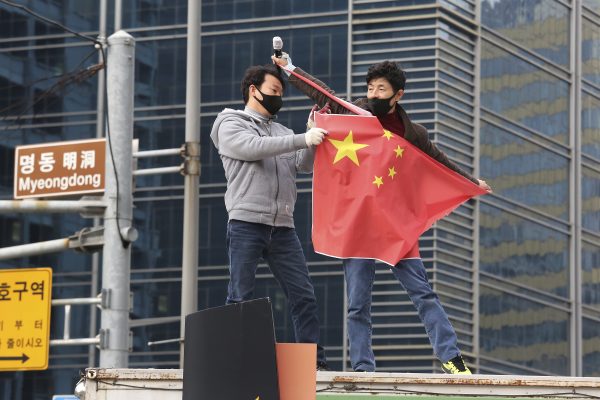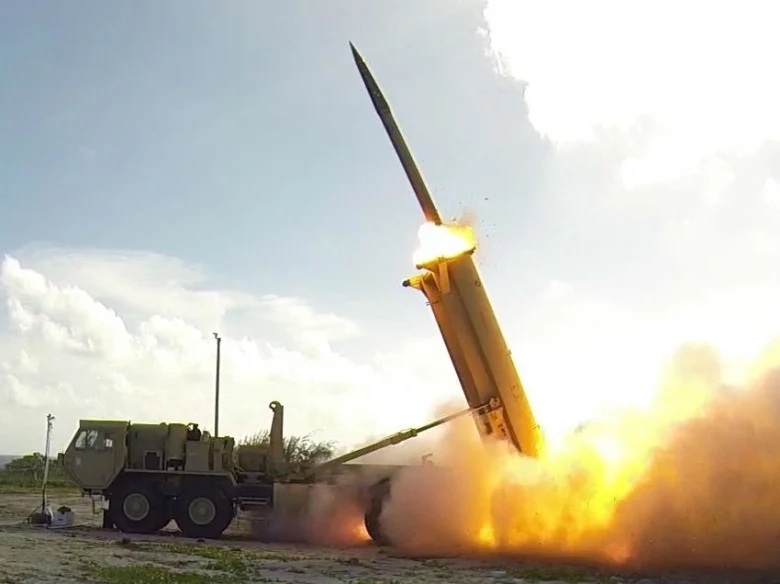
Prior to 1910, Korea was a unified country. From 1910-1945 it was colonised by Japan. During liberation in 1945 it got divided into Communist North Korea and Capitalist South Korea. For Military purposes what was a military demarcation land became a permanent border. In the present day, South Korea as a democratic country has seen a booming economy with multi-national companies like Samsung, LG, Hyundai, Daewoo, Lotte, SK, Hanwha and more. On the other hand, North Korea has become a Hermit Kingdom with a family ruling since its establishment and has become infamous for cruelty, human rights abuses, nuclear tests, illegal missile technology transfer and more.
In a recent poll conducted by South Korea’s state-run Korea Institute for National Unification, 71.9 percent of respondents named China rather than North Korea as the biggest threat to their country. Next came Japan (21.1 percent) and the U.S. (6.3 percent). Seven out of 10 South Koreans consider China the biggest threat to the country. The proportion who regarded China as a threat were equally distributed across political leanings with 67.9 percent being progressives, 76.1 percent conservatives and 70.3 percent being centrists.
‘Korean Unification’ was a dream of all Koreans from Kim Il Sung, the late Leader of North Korea, to Former President Kim Dae Jung, from Kim Young Sam to President Moon Jae In who tried to improve relations with North Korea and tried to reach out to the common people of North Korea. The survey further noted that 59.6 percent of South Koreans think that China does not want to see the two Koreas reunified.
THAAD Crisis

China has increasingly resorted to wielding its economic clout as a weapon, holding tourists and trade hostage in disputes with neighbouring nations particularly East Asia. It has forced new calculations in diplomacy and investment. In the wake of the missile dispute, in 2017 when South Korea was installing an American missile interceptor Terminal High Altitude Area Defence (THAAD), China objected to it by saying that it threatens its national security. The interceptor’s radar, China’s Foreign Minister Wang Yi said in 2016, “goes far beyond the defence needs of the Korean Peninsula. It will reach deep into the hinterland of Asia, which will directly damage China’s strategic security interests.”
Corporations in South Korea including retailer Lotte, the country’s fifth-largest conglomerate, and carmaker Hyundai, the second-largest, faced steep declines in sales and stringent regulations in China that cost them hundreds of millions of dollars. Chinese tourism to South Korea evaporated overnight. Many Korean Companies moved their plants to Vietnam, Philippines and India. South Korea-made games remain largely shut out of China, with no new games being licensed for distribution in the country since 2017. South Korean pharmaceutical companies who sold cosmetics lost millions and there has been a dramatic decline in K-pop and Korean dramas due to the strained relations. Game development and pharma manufacturing suffered greatly as Chinese investors pulled out their funding.
Korea’s dependence on China was seen when China became its largest trading partner in 2004, overtaking the U.S. This was also due to the substantial surplus in South Korea’s favour which made up a large portion of its export-driven economy. Trade between China and South Korea grew to $243 billion in 2019, compared with $135 billion between South Korea and the U.S.
Wolf Warrior Diplomacy
China is once again using its wolf-warrior diplomacy to meet its political, economic and cultural designs. If any nation does not agree with its positions or that of its leadership, it will be tamed to meet its narrow national interest. South Korea is a classic example. As quoted by Chun Yung-woo, a retired career diplomat and who served as national security advisor to previous South Korean presidents from 2010 to 2013, “THAAD was an eye-opening event that made us see China for what it is, not the benign version we’d wanted to see. The naive and romantic views we previously held, China shattered those illusions for us.”
It is for India to realise the dependence on China for cheap goods as national interest is paramount. Many Koreans today see China as the number one threat to them. Though South Korea does not have a border with China, the use of trade and diplomacy to tame it serves as an example to India of its nefarious designs. India has to checkmate China on all fronts. East Asia is a good example.
(The opinions expressed are author’s own)
M.AM.PhiL/(PhD SNU South Korea)

I feel to contain demon China, India should take a pro active role and strengthen QUAD and also strengthen our relationships with other democracies.Though India under the present govt is doing its best in this direction more needs to be done.